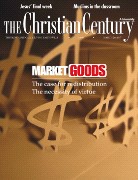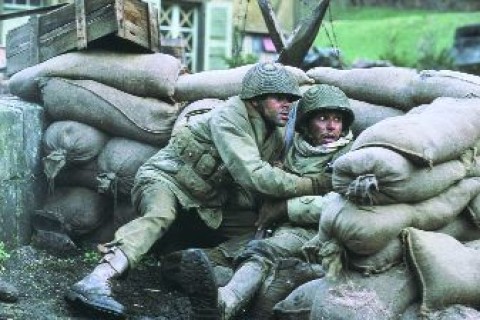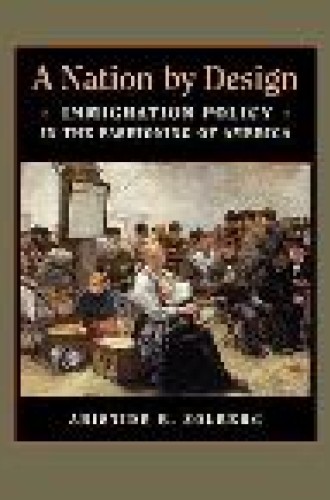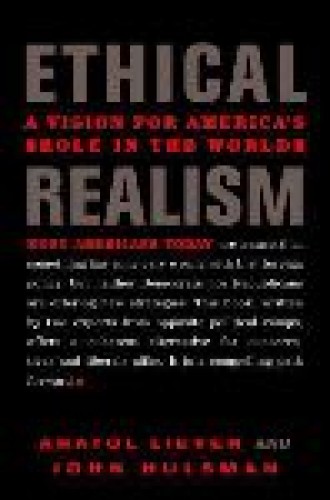Features
Freedom fighters: Abolitionist drama
At a crossroads? The Anglican impasse: The Anglican impasse
After the evening service on Ash Wednesday, I was led off for coffee and conversation by a group of seminary students who wanted to air their frustrations about the recent meeting of Anglican primates. The primates had issued a call for the Episcopal Church in the U.S. to declare that it will not authorize same-sex blessings and will not elect another openly gay bishop. If the Episcopal Church refuses to take that step, it impairs its place in the worldwide Anglican Communion.
Student teachers: Reading Augustine with Muslims
The public university at which I teach has an ethnically and religiously diverse student body. Accurate figures are hard to come by because the university doesn’t officially collect the data, but probably about half the undergraduates are Catholic, one-quarter Protestant, and perhaps 5 percent Muslim and 5 percent Jewish. This variety makes for interesting classes.
John Paul and the Jews: 'A blessing to one another'
During John Paul II’s pilgrimage to the Holy Land in 2000, the frail pontiff visited the Western Wall, the remnant of the ancient Jewish Temple. With quivering hands he placed in a crevice of the wall a piece of paper on which he had written a prayer. His visit to Judaism’s holiest place was one of several acts on a trip that signaled a new era in the church’s relationship with the people John Paul called “elder brothers” in the faith.
Collision course: Jesus' final week
If, as John’s Gospel suggests, Jesus went regularly to the annual festivals of his people in Jerusalem, what was so different that last time that it resulted in his execution? If, as Mark’s Gospel suggests, he only went there once, why did he do it then? What, in other words, was Jesus’ intention in making what proved to be his final, fatal visit to Jerusalem and its Temple that Passover of 30 CE?
Second-class soldiers
Nominated for an Academy Award for best foreign-language film, Days of Glory has received plenty of praise for its sometimes stirring story of North Africans fighting for France during World War II. But far more attention has been paid to its underlying goal of getting France to reinstate pensions for the men who fought for the motherland but had their benefits slashed or eliminated once their home countries gained independence and were no longer part of the French empire.
Books
BookMarks
Capital virtues
A Nation by Design
Ethical Realism
BookMarks
Departments
Passion narrative: Palm Sunday is a big deal
A small, beautiful thing: Making a difference; changing the world
Money trail: Donors' influence on candidates' views
Home church: Gratitude for Ascension Lutheran
Bones of contention: The nature of the resurrection
News
Feisty justices hear faith-based case: Who has standing to file First Amendment suits
People
Century Marks
Casualties of war: Nearly half of the 3,000 members of the U.S. military who have died in Iraq have come from towns with fewer than 25,000 residents, and one in five have come from towns with fewer than 5,000 residents. Nearly three-fourths of the casualties are from towns where the per capita income is below the national average, and more than half come from towns where the percentage of people living in poverty is above the national average (Chicago Tribune, February 20).








